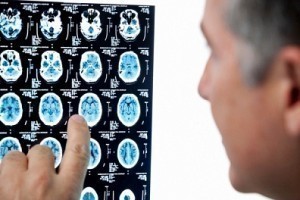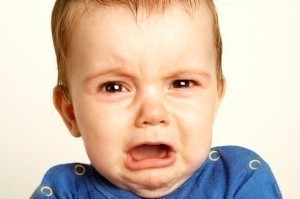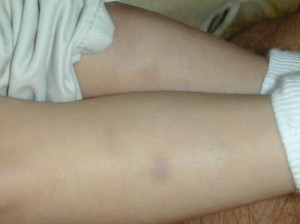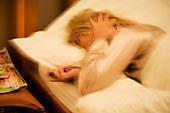OCD Treatment
What is Obsessive Compulsive Disorder?
Experts once thought that obsessive compulsive disorder or OCD is very difficult to treat. OCD is a kind of anxiety disorder where those who suffer from it are characteristically obsessed with repeated behaviors. Those who suffer from this illness will have these repetitive compulsions to the point that these behaviors already interfere with their daily lives.
Compulsions vs. Obsessions
Obsessions, in the context of this illness, refer to impulses, ideas, and images that run through one’s mind repeatedly. It should be understood that those with OCD do not want any of these thoughts. They often find them disturbing. However, the fact remains that these people cannot control them. The frequency of these obsessions isn’t the same. Some have them only occasionally, others have them every once in a while, while others have them all the time.
Compulsions refer to the behavior that a person with OCD tends to repeat over and over. These repeated behaviors are caused by fear and nervousness. Compulsive behaviors in the end become rather ritualistic in nature. When the feeling of fear returns that person with OCD will perform the necessary compulsive routine all over again.
Examples of Common Obsessions and Compulsions
Here are some of the common examples of certain behaviors that people with obsessive compulsive disorder may exhibit. One person washes both hands, showers, or brushes teeth repeatedly for fear of dirt and germs. Another common behavior is checking locks, drawers, and appliances to see if they are shut.
Other common behaviors include repeatedly seeking reassurance from friends, counting over and over again, saving containers, newspapers, or mail even when they are no longer needed, and placing or arranging things always in a certain way. Others even touch specific objects several times.
OCD Treatment
OCD treatment usually involves a combination of therapy and medication. The medication that is usually prescribed for OCD treatment is usually the same ones used to treat depression. One of the common medications used for OCD treatment are SSRIs. It is thought that the patients suffering from OCD have low brain serotonin levels.
Compared to clomipramine, one of the older medications used for OCD treatment, SSRIs have more tolerable and usually mild side effects. Such side effects include headache, diarrhea, agitation, nausea, and insomnia. Other medications used for treatment include sertraline, fluvoxamine, paroxetine, and fluoxetine. Common side effects from these medications include drowsiness, nausea, dry mouth, and sometimes sexual side effects.
OCD treatment also includes behavioral therapies and cognitive behavioral psychotherapy. Therapies include exposure therapy and ritual prevention. The goals in these therapies include changing negative thinking styles and resisting urges. Participants are placed in situations that trigger the behaviors and are encouraged not to perform the associated rituals.






